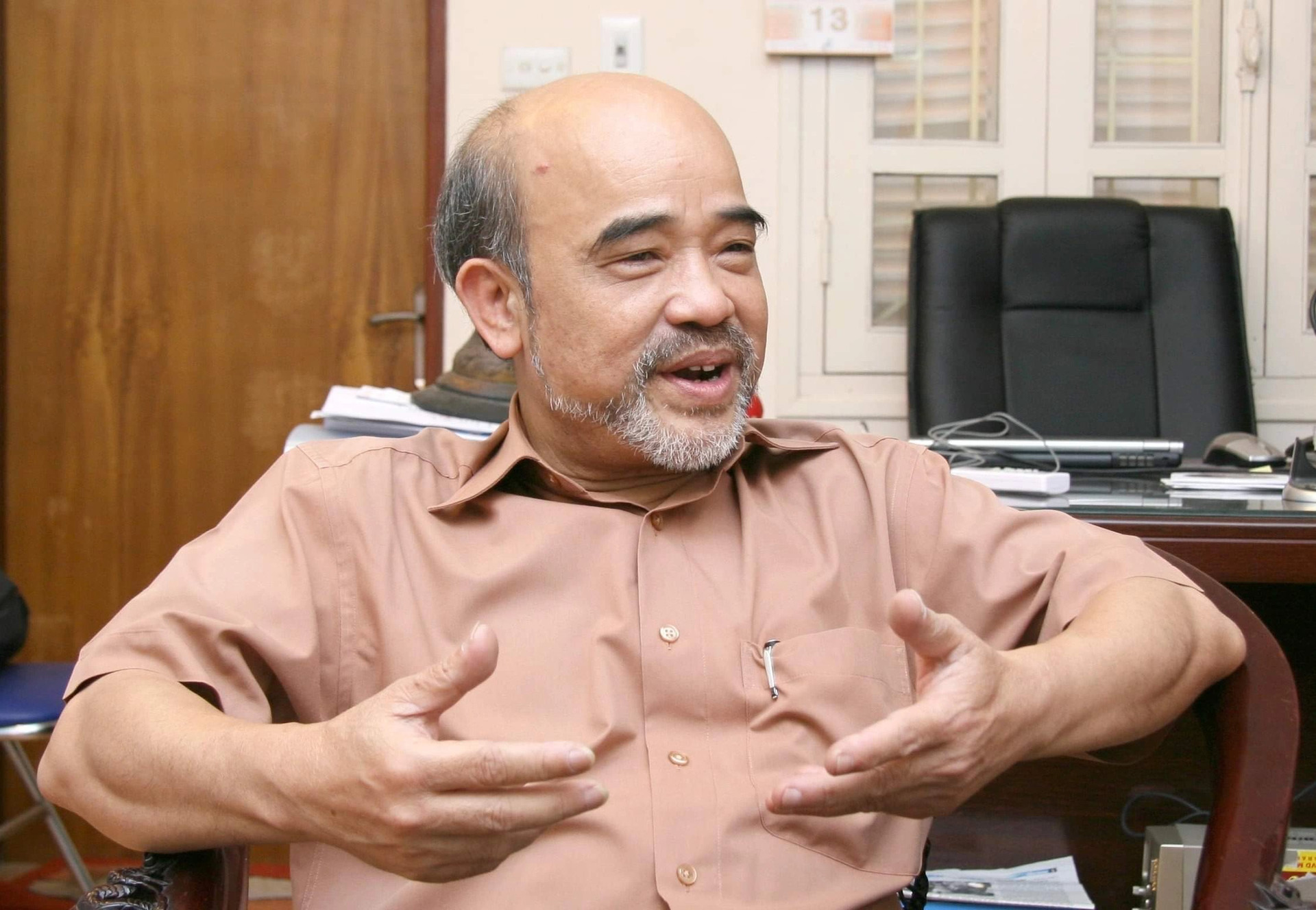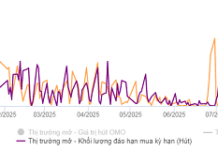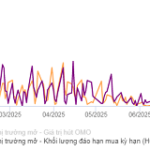
GS.TSKH Dang Hung Vo, former Deputy Minister of Natural Resources and Environment.
MarketTimes: Currently, land prices are one of the “hot” issues of concern and there are still many different opinions, what is the professor’s viewpoint?
GS. Dang Hung Vo:
The first issue that is still controversial is the concept of market price and how to determine the market land price. Some opinions argue that the market price is no longer mentioned, but the price determined by the state. However, in order for the state to regulate, it must be based on the market price, not come up with a price that is appropriate.
Secondly, land prices must be based on the market price, which can be higher or lower, that is how the state regulates. The current thinking about land prices is completely wrong. It is known that in the draft Land Law 2024 submitted to the National Assembly for approval, there are 4 methods of land valuation in clause 5, article 158 including: Comparison, Income, Surplus, Adjustment factor (coefficient K).
Among them, the adjustment factor method is considered a specific valuation method, but this method is completely scientifically erroneous and no country uses it. Because the calculation method of this method is multiplying the land price table by the land price adjustment factor (both factors are decided by the provincial People’s Committee). The two factors determined by humans multiply with each other to form a market factor, this is a logical fallacy.
And there are still many shortcomings and scientific inaccuracies in the current land valuation. These shortcomings lead to many discrepancies between the market land price and the land price regulated by the state.
The discrepancy between the market land price adjustment and the land price regulated by the state leads to the fact that when the state recovers land, the compensation money will not guarantee the interests of the affected people. This is a very important factor to create fairness for the state and the people.
If the compensation for land recovery is unfair, there will certainly be many lawsuits. Therefore, the challenge to land regulations is to ensure the balance of the interests of land-reclaimed people.
Thirdly, when the state allocates land, leases land at a lower price than the market, the state is also at a loss. Therefore, the land regulations system also needs to be compatible with the economic situation of Vietnam, protecting the interests of the state, investors and the people.
MarketTimes: So, it can be said that the issues related to land prices are still very large and complex, so what is the reason according to the professor?
GS. Dang Hung Vo:
The lack of a complete and up-to-date legal framework for land prices is creating confusion in terms of interests and creating instability and lack of sustainability in society.
The Land Law 2024 has been passed, functional agencies need to have appropriate regulations under the Law to comprehensively implement the Law, effectively and in accordance with the spirit of Resolution 18.
The land regulations need to meet the goal of making the Vietnamese economy become a high-income economy, a high-income developed country, so this goal needs a legal framework for land that is fully compatible with the market.
At the 5th Central Conference, XII term, the Party leader has raised 2 big questions about the innovative policies and laws of land, first, why do people’s lawsuits about land account for 70% of civil lawsuits? and second, why do state officials involved in land management fall into a lot of lawsuits?
Therefore, how to make the Land Law unlock the hidden value in land resources, share that value fairly between the state, project investors and land users as Resolution 18 requires.
MarketTimes: So from the current reality, does the professor have any suggestions in terms of policy orientations to capitalize on land in a sustainable and appropriate manner?
GS. Dang Hung Vo:
Many developing countries do not want to use the mechanism of state land recovery because when solving compensation, support, and resettlement plans, the cost of land for investment projects is too high. In Vietnam, we still prefer to use this mechanism, so we have to force down the cost of compensation, support, and resettlement to make it profitable.
In the case of implementing the mechanism of state land recovery, the disadvantage is that people’s lawsuits increase, while implementing the mechanism of voluntary agreement has the disadvantage that project investors cannot reach an agreement with 100% of the landowners. Other countries apply a consensus mechanism based on the majority of the community (at least 2/3) and consider the approved project to increase land prices. The mechanism of “sharing land use rights and readjusting land” is also based on the principles of this mechanism. It can be said that Vietnam has not yet been wholeheartedly studying international experience to learn from.
The land regulations need to detail the innovation requirements of Resolution 18, need to bring the image of the market into the land price story, and need to ensure the independence that the Land Valuation Appraisal Council must have.
Regarding land finance, the most important content is revenue from land value. Other countries are mainly concerned with revenue from real estate taxes and the additional land value generated by investment.
Resolution 18 also identifies the revenue sources to be concerned about, which are land use taxes and the difference in land prices caused by investment projects (meaning the additional land value). Of course, the real estate tax will be considered in a separate tax law.
The additional land value generated by investment projects has not been considered as a comprehensive policy, only concerned with land development projects, and also carried out according to the mechanism of state recovery of land in areas where the land value increases. Any policy then returns to the familiar way: the state recovers land, cannot escape from the rut that has become too deep in thinking.
In the end, in the current situation, the construction of laws in general and land regulations in particular needs to unlock the hidden value in land resources and share that value fairly between the state, project investors, and land users as Resolution 18 requires. It should not just revolve around the thinking about the state’s power to recover land. It may be easy for investment projects to get land, but the state faces a great risk of losing public trust.
In reality, during the past time, sharing the benefits from land value has always been in an unfair state, those who have land reclaimed always suffer losses, the state does not benefit, what everyone sees is the increasing number of tycoons formed from real estate investment projects, the real estate market fluctuates continuously.
Therefore, more than ever, the Land Law 2024 has been passed as a very good premise to realize the spirit of Resolution 18-TW to create breakthrough economic development steps based on the hidden capital in land.
MarketTimes: Thank you very much, Professor!



































